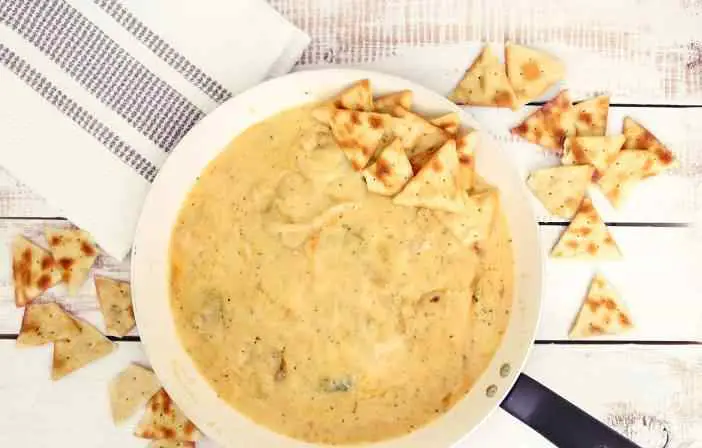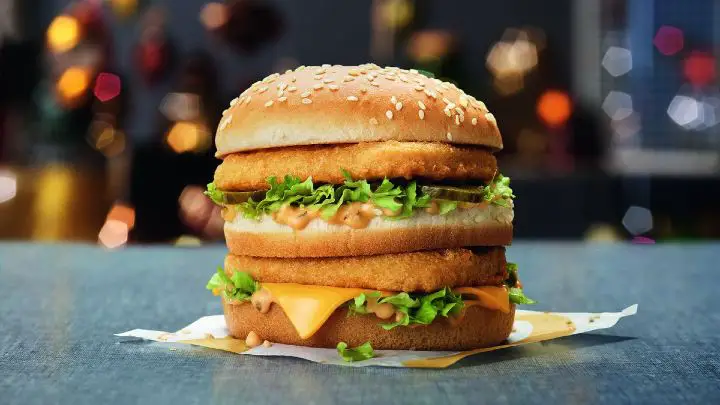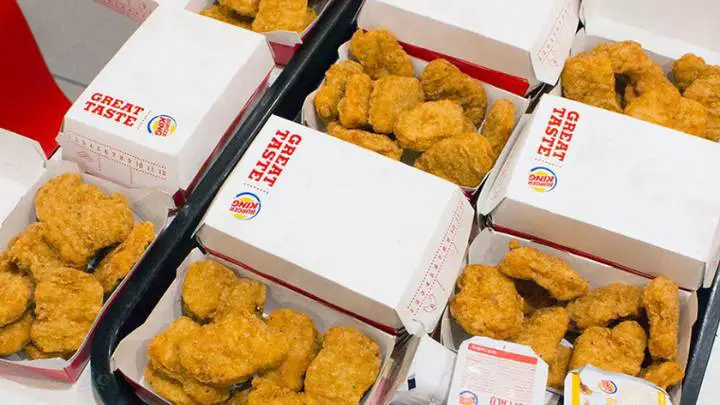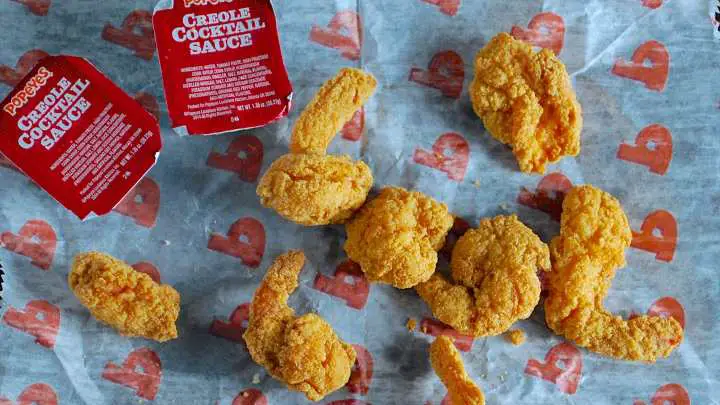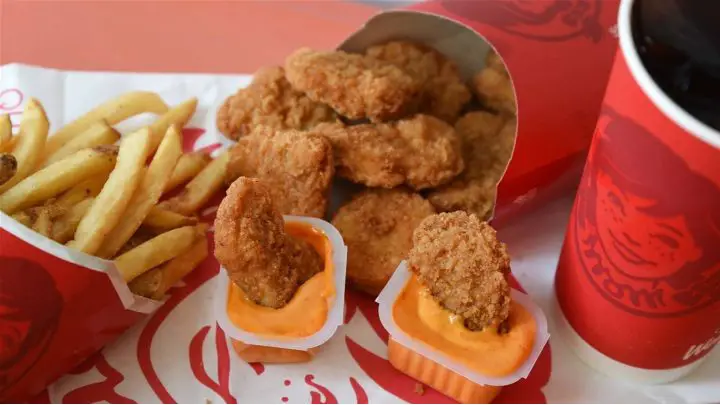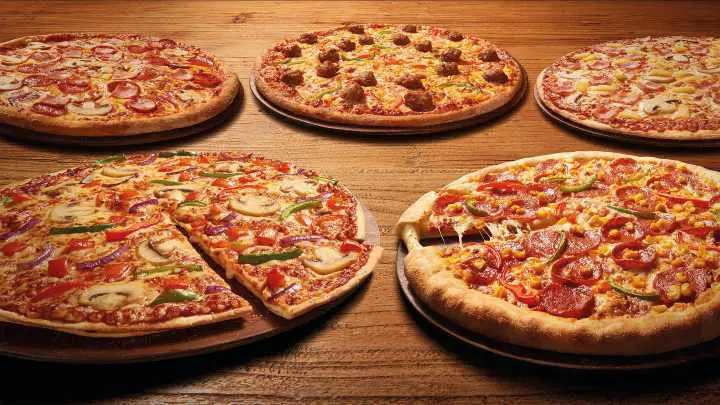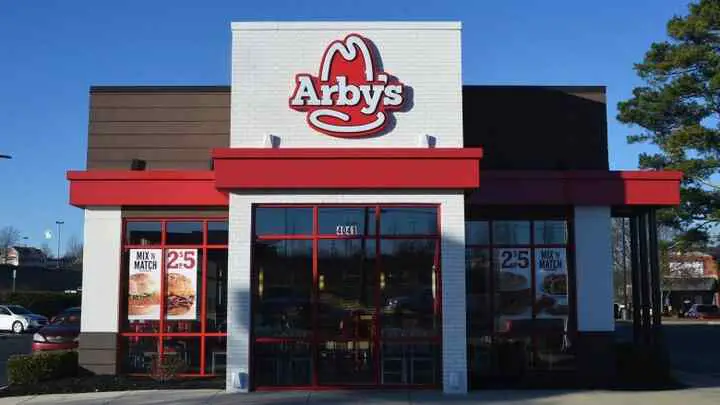Ways to stop food spoilage and food poisoning- A foul smell can be annoying and they are mostly a result of food spoilage or food poisoning.
Food should be enjoyed and appreciated, but not if it’s spoiled or you get food poisoning. Both can ruin a good meal and even your day. You probably have had bad experiences when you have eaten bad food, especially when it makes you feel sick.
I know I have, so I thought I would write this article to help make sure nobody else has to go through that anymore. Food spoilage and food poisoning can be serious problems, especially in our increasingly busy and hectic lives.
In this article, I will discuss what food spoilage and poisoning are, their causes, types, and how you can prevent them.
What is Food Spoilage?
Food spoilage is a term used to describe the process of food deterioration over time, caused by metabolic reactions, oxidation reactions, and physical degradation. Food spoilage can occur even if the food has been handled properly and stored at the right temperature. Spoilage does not necessarily kill the microorganisms in food; it only affects their taste and texture.
What Causes Food Spoilage?
1. Poor Storage
Leaving out your cheese for days without freezing will make it spoil. Sames goes with your berries and vegetables. The wrong preservation method will do damage to your food. Your freezer should be your kitchen lifesaver. It must not exceed 40F cooling temperature.
Freezers are good at protecting your food from bacteria. During a power outage, reduce the number of times you open the door of your freezer to make the coolness last longer.
You should not leave your yogurt open after the first sip only to remember to freeze it three days later. That’s bad. The taste changes when not in the freezer which is a sign of spoilage. Your perishables must be given extra storage caution.
Knowing the correct storage method for your groceries is one of the ways to stop food spoilage and food poisoning and goes a long way in giving your food extra lives and saving your money.
You should have different drawers for designated food items for food that can not be in the freezer. Sealing them in tight containers will also help. Do not assume to have kept a portion of food in the freezer. It is advisable to cross-check at all times to confirm if they are in the freezer.
SEE: The Complete List of Foods You Can Freeze?
2. Bacteria
These are unseen organisms that infect your food to make them unfit to consume due to intending damage it can cause if you do so. They feed on moisture. The presence of water and oxygen makes them multiply.
They can be found on well-cooked food when the food is exposed to poor conditions. Bacteria can be tasted, perceived, and appear to change the color of foods. Such as bread turning green or your red meat turning brownish.
These bacteria are sometimes called spoilage bacteria or pathogenic bacteria. Food nutritionists advised that we should avoid exposing our foods to pathogenic bacteria of any kind. Pathogenic bacteria can cause serious illness and kill in the long run. In the perception of any spoilt food, the best solution is to trash it appropriately.
To prevent your food from getting contaminated by bacteria, keep your foods below the 40F temperature, seal them in proper containers, cook very well and practice food hygiene every time.
What is Food Poisoning?
Food poisoning is a general term for illnesses caused by eating contaminated or spoiled food. Food poisoning can affect anyone, but it’s common in high-risk groups, such as young children and older adults.
Kinds of Food Poisoning You Should Avoid
1. Fish Poisoning
This is also called ciguatera. It is caused by eating contaminated fish from shallow rivers or fish that are not preserved at the right temperature. The symptoms of fish poisoning include having trouble distinguishing between hot and cold weather with a severe stomach ache.
2. Baby Formula Poisoning
Babies can not express themselves as adults when in pain so you should always try to keep your baby foods at the right temperature and you must not make the mistake of exposing the lid. A wrongly exposed baby formula is capable of acquiring bacteria that can cause blood infection and meningitis in your child.
Some of the signs your baby will show when they are infected with this bacteria are sluggishness, poor feeding response, constant crying, high fever stiffness of the neck and body.
To prevent this, when preparing your baby’s food, boil your water to a heat temperature of 158F before mixing. When the prepared formula is exposed for more than 12 hours, do trash it immediately.
3. Poo Poisoning
Food in contact with poo is not just irritating but is highly infectious to consume. At the slight contamination with poo, it harbors a parasite that can cause a severe breakdown of the body system. The poisoning is most common in young children.
Some signs of the parasite are loss of appetite, tiredness, and diarrhea. To prevent this bacteria from poisoning your food, you should be neat at all times and ensure you change your children’s nappies far away from your kitchen or place of eating.
For adults, the bacteria affect humans from the consumption of raw shellfish or poorly cooked shellfish. To prevent this, hands should be washed properly, surfaces should be clean always and your shellfish must be cooked thoroughly.
4. Meat Poisoning
Another type of poison common in food is Salmonella known as meat poisoning. Sometimes, the bacteria can be found in eggs and cheese. It results from the cooking of sick dairy products or animals. It can be prevented by ensuring you buy your meat from registered stores and markets.
Freezing meat at the right temperatures and boiling them very well will help too.
SEE: Ways to Know When Your Meat Is Done
5. Water poisoning
When you drink contaminated water or wash your food with contaminated water, you put yourself at the risk of getting infected with the bacteria known as Shigella. The major sources of bacteria are salads and vegetables.
There is hardly any food that does not require washing or cooking with water, so all foods can be a source of this poisoning. Avoid using untreated water to cook and swim in pools with adhering to the chlorine levels.
SEE: Does Distilled Water Ever Go Bad? What Most People Don’t Know
What is the Difference Between Food Spoilage and Food Poisoning?
Food spoilage is simply when food goes bad either becomes poor in taste, color, and smell due to bacteria or wrong storage. While food poisoning is the final stage of food spoilage.
When food spoils, it solely means there are bacteria in it which is harmful to human health. When that food is eaten, it becomes, a poison as it contains toxins that can harm any individual.
Mostly, food spoilage leads to food poisoning. Food poisoning when neglected leads to sickness and death due to the presence of pathogenic bacteria.
Ways to Prevent Food Spoilage and Poisoning
1. Cook your food well
This method is in fact one of the most important ways to stop food spoilage and food poisoning. Your vegetables should be properly boiled till soft. Do not follow an unapproved method of cooking seen randomly online. Follow the producer’s guide and label.
For your cereal, prepare them using well-heated water. Your meat, chicken, pork, and fish should be placed under steaming conditions to kill likely germs in them. Try not to wash your raw meat and turkey to reduce the risk of spreading bacteria to other parts of the kitchen.
SEE: How to Use a Food Thermometer to Avoid Undone Meal
2. Special Storage
Like I told you before, different foods have different methods of preservation. You should know the unique methods to preserve all foods in your kitchen if you want them to last longer. Your perishables must be distinguished from your non-perishables and your freezer must work efficiently to do the cooling exercise for food that hate heat.
Your citrus fruits for instance are perishables, they need instant storage when not consumed. After washing, remember to place all of them in the freezer. The same goes for your cheese and vegetables which you are not ready to turn into a delicious meal.
For your spices, do not refrigerate. Put them in the drawer of your kitchen store. Your tubers should also not be put in the fridge. They should be kept at room temperature and taken off your verandah to prevent the sun from touching them.
While some of your food requires you to apply citric acid before placing them in the freezer, some require sealing properly in the right containers or Ziplocs.
SEE: How to Keep Your Foods Safe And Fresh for Long
3. Consume Leftovers
It is very easy to forget the food you intend to eat later or the one you plan to give to your baby after a short sleep. Have in mind your leftovers and put them in clear places in your kitchen so you can remember to eat them.
When your leftovers begin to cross over to the next day, it loses their taste and texture- a visible sign of spoilage. In this situation, you are left with trashing the food to prevent poisoning after consumption.
An alternative to covering your leftovers is to put them in the freezer till you are ready to eat. When you are ready, pour them into the right microwave container before placing them on the heated tray.
SEE: List of Delicious Meals You Can Make With Meatloaf Leftovers
4. Preserve Fresh Foods Fresh
Fresh foods like your vegetable must be stored just as fresh as you bought them. Only wash when you are ready to chop them. But when you are not ready to turn them into your delicious dish, keep them neatly in the freezer.
Washing them before placing them in the freezer will make them damp and give bacteria a chance of getting into them.
SEE: What You Need to Know Before Stocking up on Salad
5. Avoid Unpasteurized Foods
Milk and fruit juices that are pasteurized are the best for your consumption. Taking unpasteurized foods means you are easily exposing yourself to food poisoning. Pasteurization is a process that helps in killing likely food germs. To know if a food is pasteurized or not do check the labels always.
6. Keep Your Foods Far from Insects and Pets
Insects in the home are a menace and they can be more annoying when they disturb the peace of your kitchen. The most common insects in the kitchen are ants, cockroaches, and rats. Make sure your drawers are well built and the food kept in them is sealed tight in containers.
You should also keep your half-used spice like your seasonings in the fridge till you are ready to use them. Exposing your seasonings or other sugary items will only attract kitchen insects and pests.
For instance, leaving your sugar container half-closed will attract ants that will make you end up throwing away the sugar. Your cereals must be kept properly and avoid letting your pets into the kitchen, especially your dogs.
SEE: Top Kitchen Safety Tips for Your Home
Ways to Stop Food Spoilage and Poisoning: FAQs
What are the types of food spoilage?
Physical spoilage Microbial spoilage, and Chemical spoilage
Who is more at risk of food poisoning?
Children, pregnant women, older adults, and sick people.
Ways to Stop Food Spoilage and Poisoning: Conclusion
The only way to stop food spoilage and food poisoning is to make sure you keep and preserve your foods well. There are lots of ways to avoid food spoilage you can employ but the simplest hack is to know that all foods should be stored at their respective storage methods.
When you notice some of the symptoms of food poisoning, do not hesitate to meet your medical guide who will provide the best drugs to deal with the pain in your stomach and any other parts of your body.
Look out for the best and approved restaurants to eat at if you cannot prepare your dishes. A clean environment is the first step to choosing a very good restaurant.
I hope you found this article helpful. You should also check out the food storage mistakes to avoid and these food poisoning signs many don’t know.
Thank you for reading.
